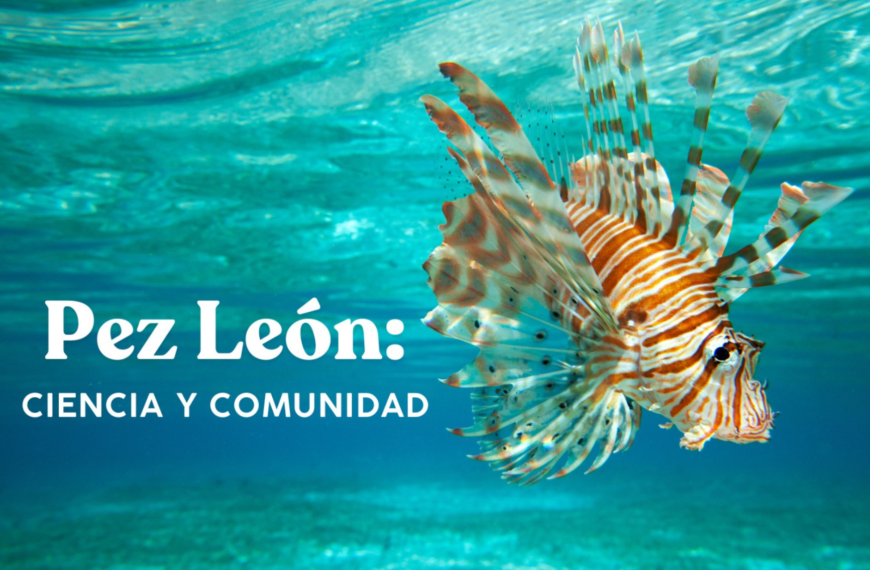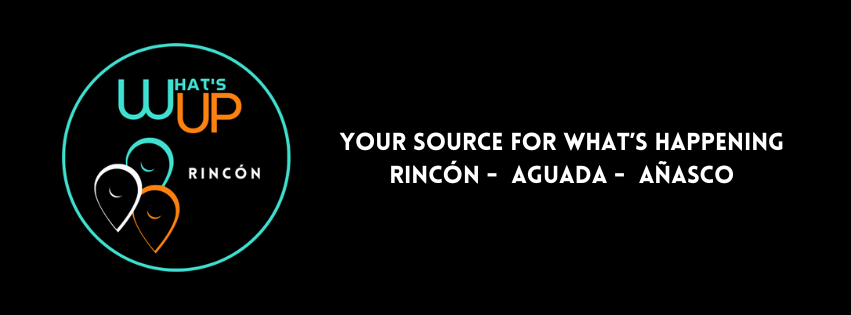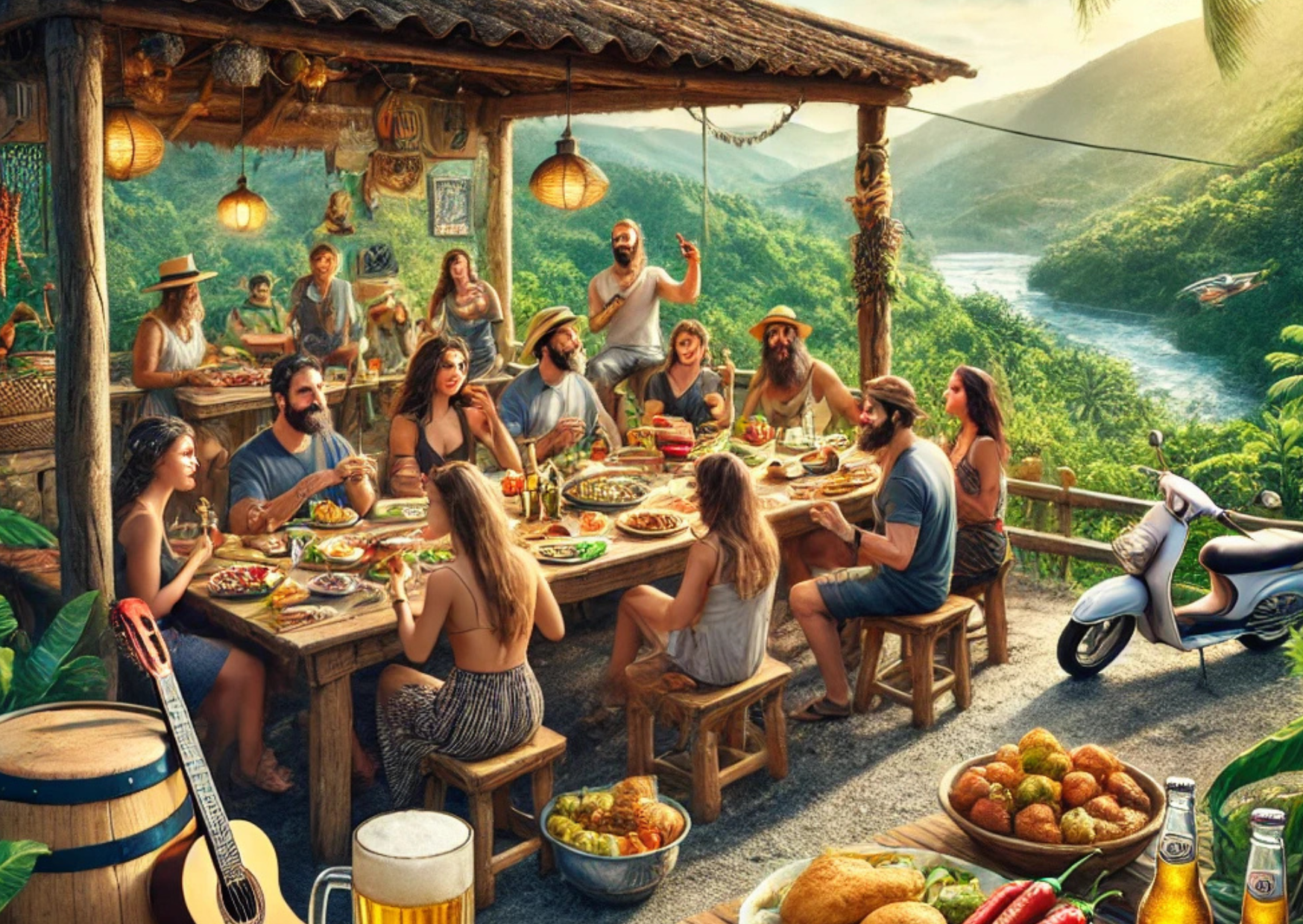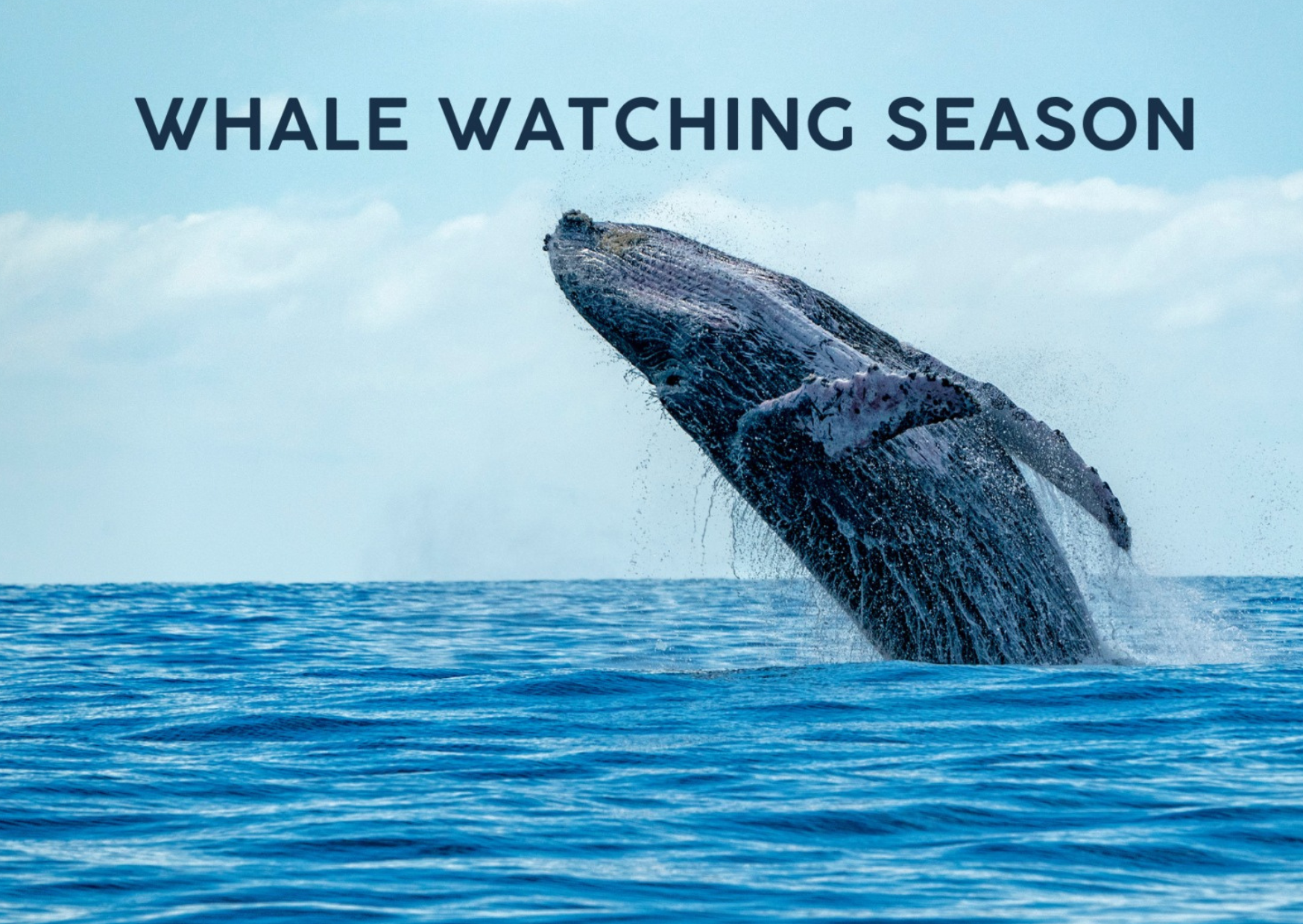
Island Science, Lionfish, and Community Action
Community organizations grown out of the persistent devotion, healthy dialogue, engaging topics, kids learning about fish anatomy, and really sound and transparent scientific data makes one local non-profit truly the backbone of our small town. Even the name itself invokes this idea that two things can, and very well do, co-exist: Isla Mar.
A Memorable First Encounter
I remember when I first met Dr. Chelsea Harms-Tuohy, or Chels as she’s affectionately called by me now, on the beach of all places. She was about seven or eight months pregnant, dawning a turquoise blue trucker hat with Isla Mar in big bold letters across the front. Just as any pregnant lady here in the tropics glistens and glows 24/7 from the humidity and relentless sunshine, she was beaming and had a contagious laugh that echoed across the group of people, mainly kids that had gathered nearby to gaze at this wide-eyed lionfish perched upon a spear. Held proudly by a young woman decked in neoprene, standing near a table with other specimens, pamphlets, and dive gear, flippers dangled from her other hand. One of many events held at this sacred spot, this was the Come Pez Leon (Eat Lionfish, in English) festival a handful of years ago at Tres Palmas Marine Reserve just a stone’s throw from the infamous Steps Beach.
Lionfish and a Comedy Flashback
When I think of a lionfish the first thing that comes to mind is that silly movie, Deuce Bigalow Male Gigolo (if you haven’t seen it, just crack open a bottle of wine some night from Tinto and you’ll thank me later). The whole premise of this movie revolves around this rich guy’s beloved pet lionfish and a clumsy shop owner turned house sitter turned gigolo when he misplaces the fish and of course has to make some money in order to replace it before the owner returns. Hilarity ensues. As a teenager, this movie was on a loop among others with a similar cast, always comedic relief, not always scientific truth.
Science and the Real Lionfish Problem
Now, here I was as an adult, living on an island no less, standing in front of this group of kids listening to Chels and her colleagues talk about these fish and their potential impacts on the reef from their predatory habits. With each factual bullet point, the lionfish was delicately pulled off the spear by gloved hands, where sharp scissors removed the venomous spines that when floating in water look like a lion’s mane, hence the name I suppose. I felt sorry for this fish, yet this invasive species was, perhaps, wreaking havoc on other native sea creatures that call home to the seven Endangered Species Act-listed varieties of coral found within the roughly 200 acres of the Tres Palmas Marine Reserve. This lionfish was one of many that met its maker that day in a garlic butter sauce cooked to perfection.
The Diet of a Hangry Predator
The diet of the lionfish consists of 70 different types of species all of which are found in our ocean here in the Caribbean. Fascinating and horrific all at the same time because lionfish are hangry little jerks for lack of a better term and without any natural predators, have a well-defined palate for pretty much all of its neighbors who have gills, fins, and shells. A single female lionfish can produce millions of eggs per spawning cycle, leading to rapid population growth. They can grow to be 18 inches long and weigh as much as three pounds. Without anything to keep them in check (at least, previously thought), the biodiversity of reefs along with other outside factors cause nothing but devastation.
A Taste of Science and Sustainability
My mouth hung open at this encyclopedia-rich knowledge that Chelsea and her team shared. More data, research, and proactive involvement that explained the reason for the festival in the first place: to eat lionfish.
I thought these guys were just floating around like all the other fish, dodging nets and swimming in schools with friends a la Finding Nemo. I didn’t realize they were the cabrónes who would eat others and their little tiny fish family. Aww! What has this world come to?!
The Importance of Science and Critical Thinking
So, here we were doing what we humans do best (eat) our way to saving the reef! Interesting enough, lionfish can (and need to be eaten) by humans. If you take anything away from this story, make your way to La Cambija where oftentimes these little morsels are filleted and cooked into a doughy goodness called an empanadilla, and let me tell you, you won’t feel guilty for eating it or ordering another round or two because it rivals the meatiness of lobster and tastes just as good. AND you likely are creating sustainable jobs for talented local spear fishers AND you are most definitely helping to cull the population of these bullies. Everyone wins.
This to me is science. It needs to be just as important as filling your car up with gas or cooking dinner for your family or learning when to harvest your guineos. It’s a tried-and-true way to have the complexities of our world explained in a way we understand in order to think critically about our everyday actions. Perhaps a walk to the beach this morning is better than driving, maybe the idea of a “Meatless Monday” is feasible, can guineos grow without pesticides that then leach into the ground when it rains?
Thinking critically is the reason our species has made it this far. Noodle on that for a moment.
Some hominid decided it was a good idea to climb up a tree and crack open an egg and drink it. So weird and yet, here we are up in arms about the price of eggs. That might not necessarily be “science,” as we know it and still, because of the scientific method, we’ve mastered the art of the omelette.
Science Beyond Politics
I don’t want to get too political because frankly, science is so much cooler than whose team
won. Science will never be the jock bragging about the score. Science is understanding our
natural world. The whys, the hows, the surprises, and how we humans are not apart from it per se, but very much a part of it. That’s what I learned that day standing among fourth graders gawking at a lionfish stuck on a spear. Silly, I know, yet the harsh reality is these organizations could cease to exist with the lack of Federal funds. That’s scary to me because when else would those 10-year-old kids get to see and learn about a real creature from the ocean depths? To learn how individual action compounded by our ever-growing human population makes an impact whether positive or negative? That’s science. And Isla Mar makes it happen.
Isla Mar: A Community Anchor
It’s a household name here in our community not only because of the countless hours of work, research, grit, and belief in the everyday science; they’ve also contributed to ensure livelihoods aren’t jeopardized while remaining true to its mission and dedicated to advancing holistic island science through research and education, deepening appreciation and understanding of the ocean’s vital habitat.
Stay Curious
Remain curious. Eat an empanadilla de pez león. And never stop learning about your place in the big scheme of things.
Learn more about Isla Mar by visiting their website.



